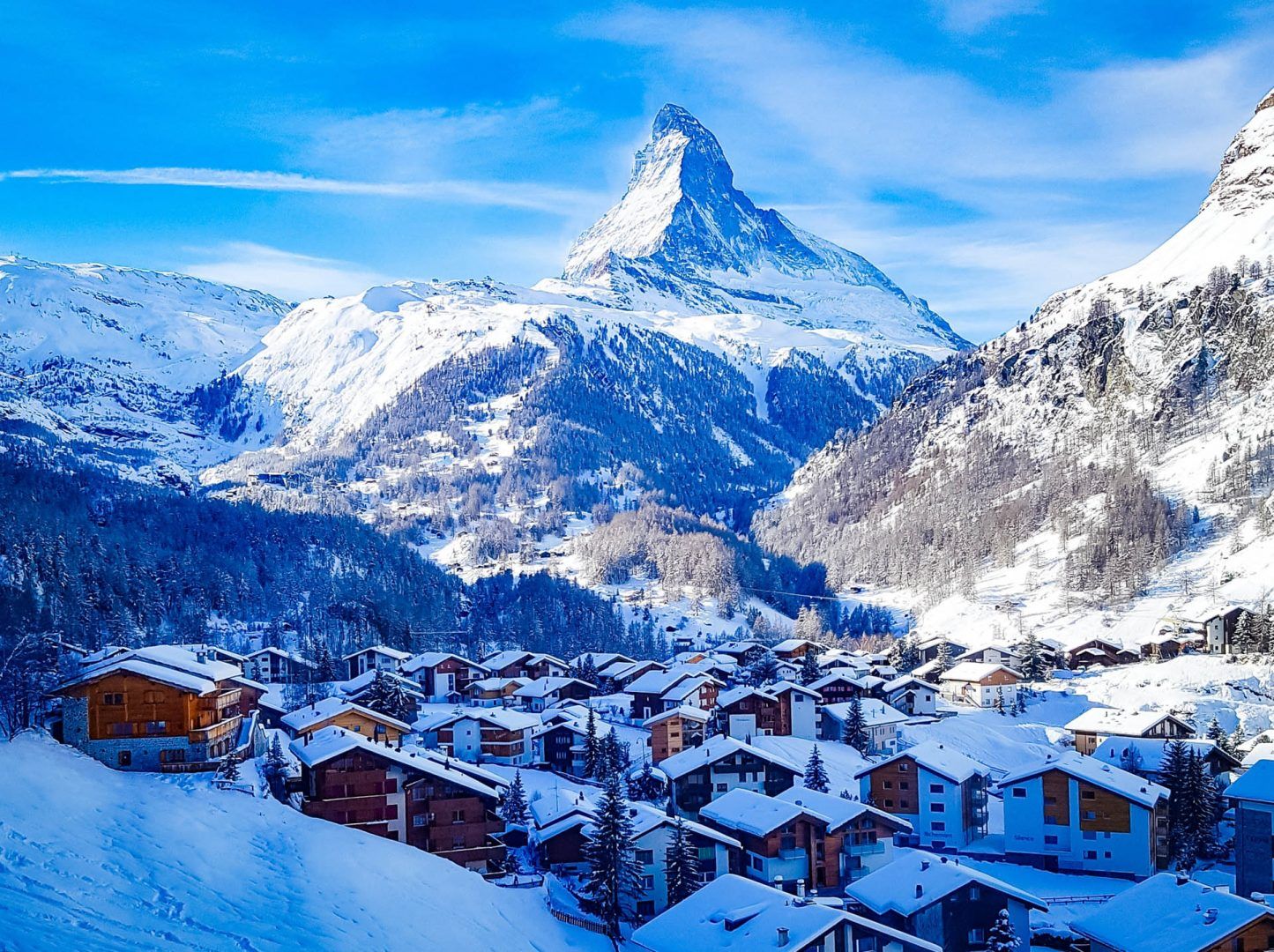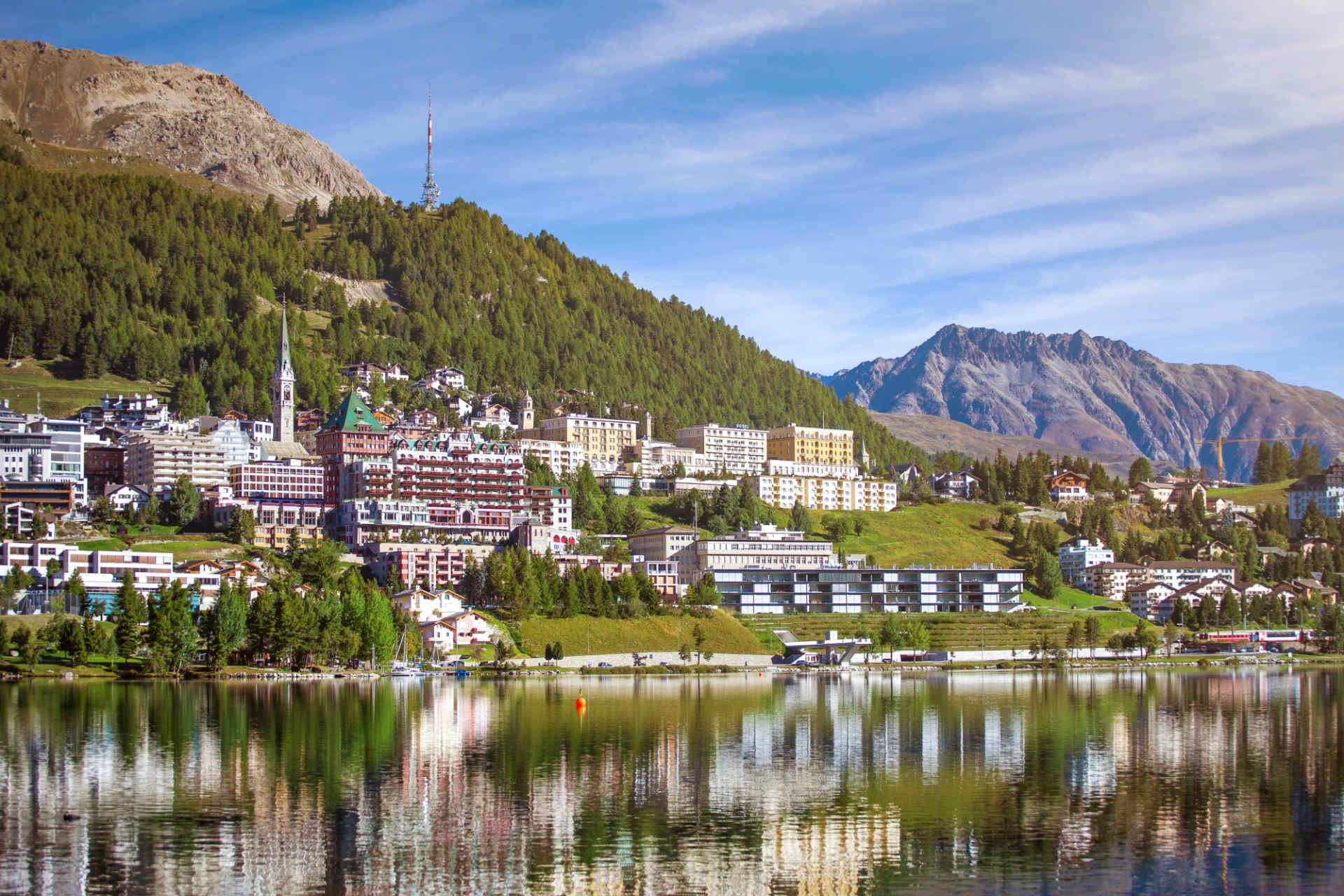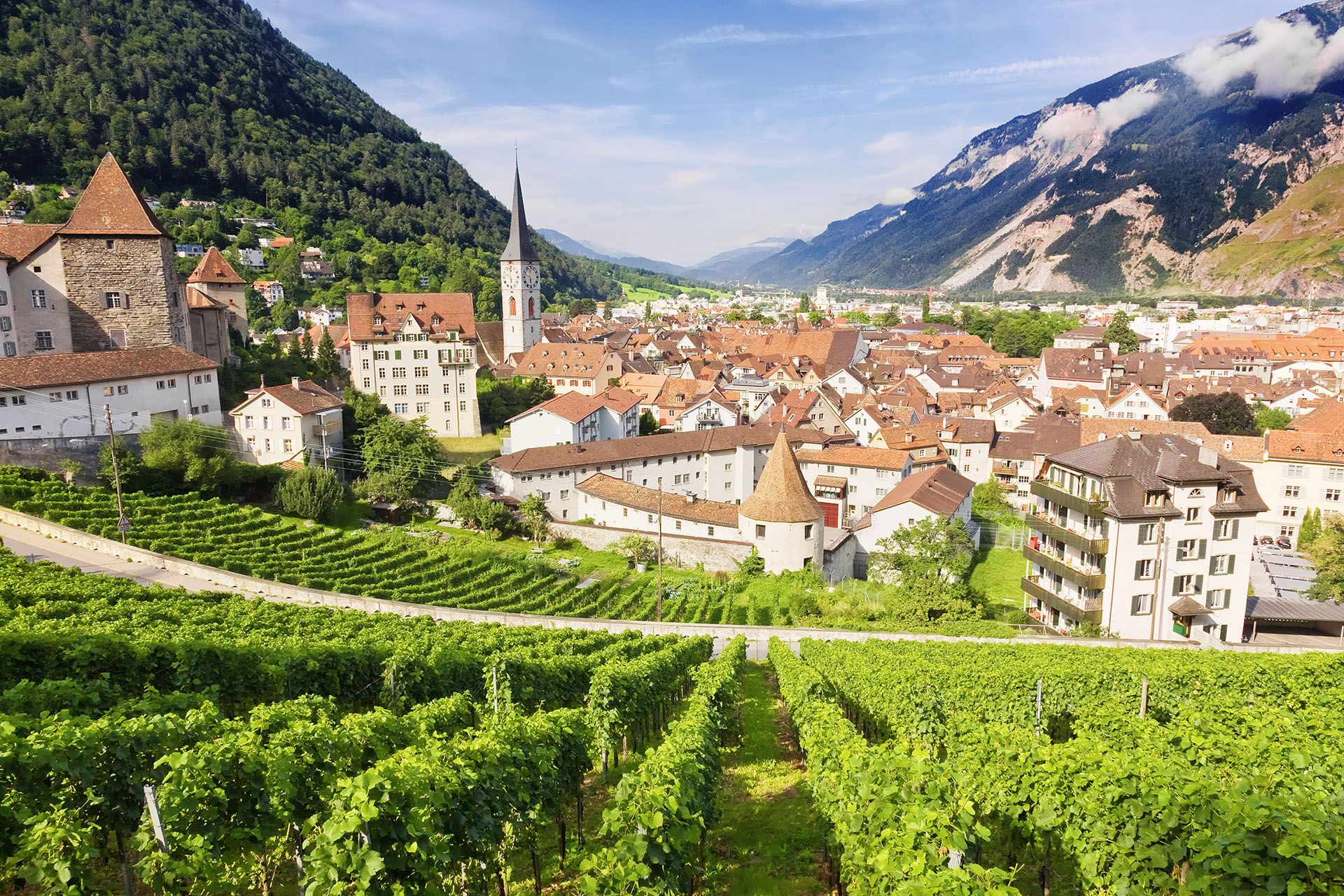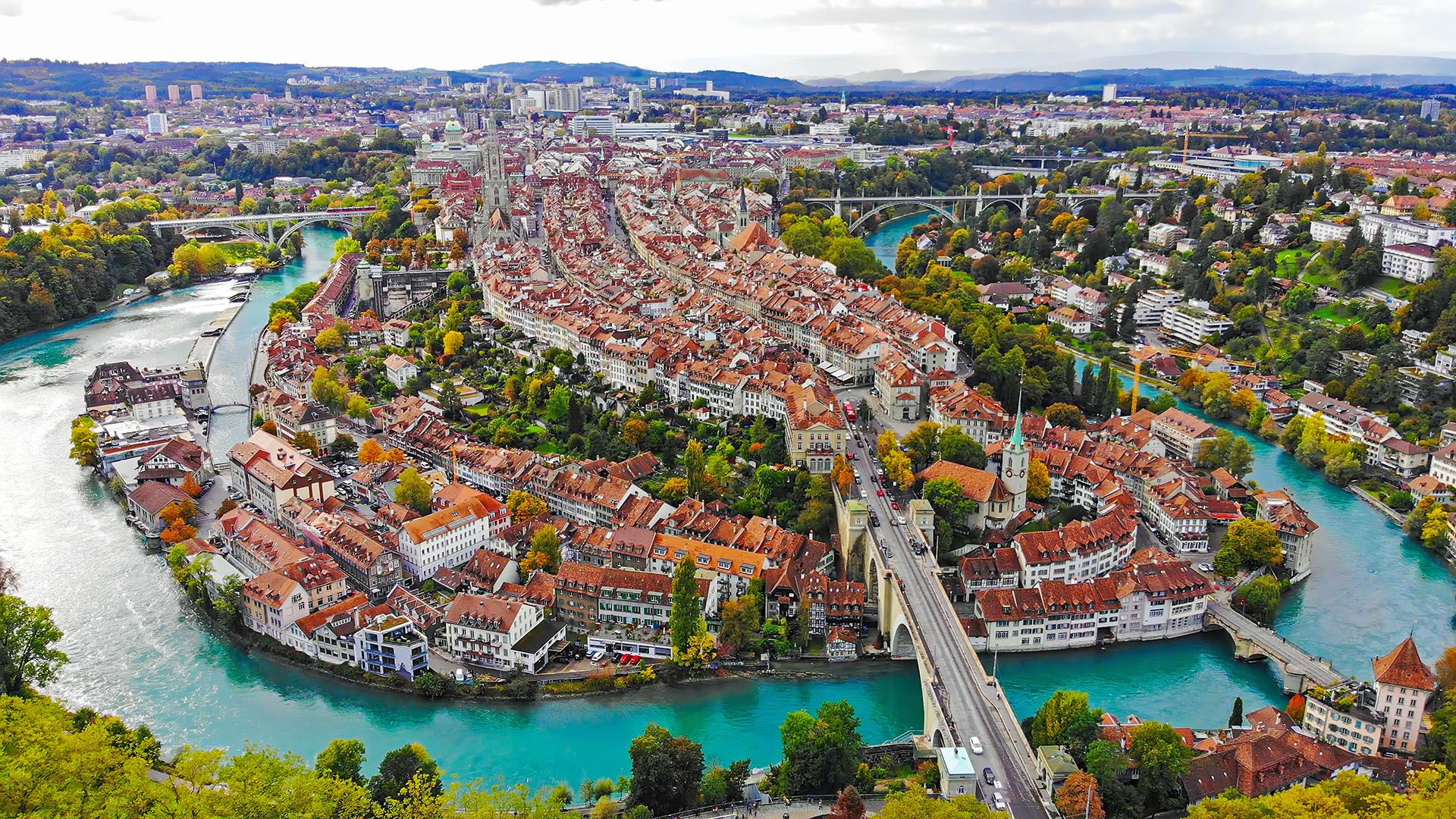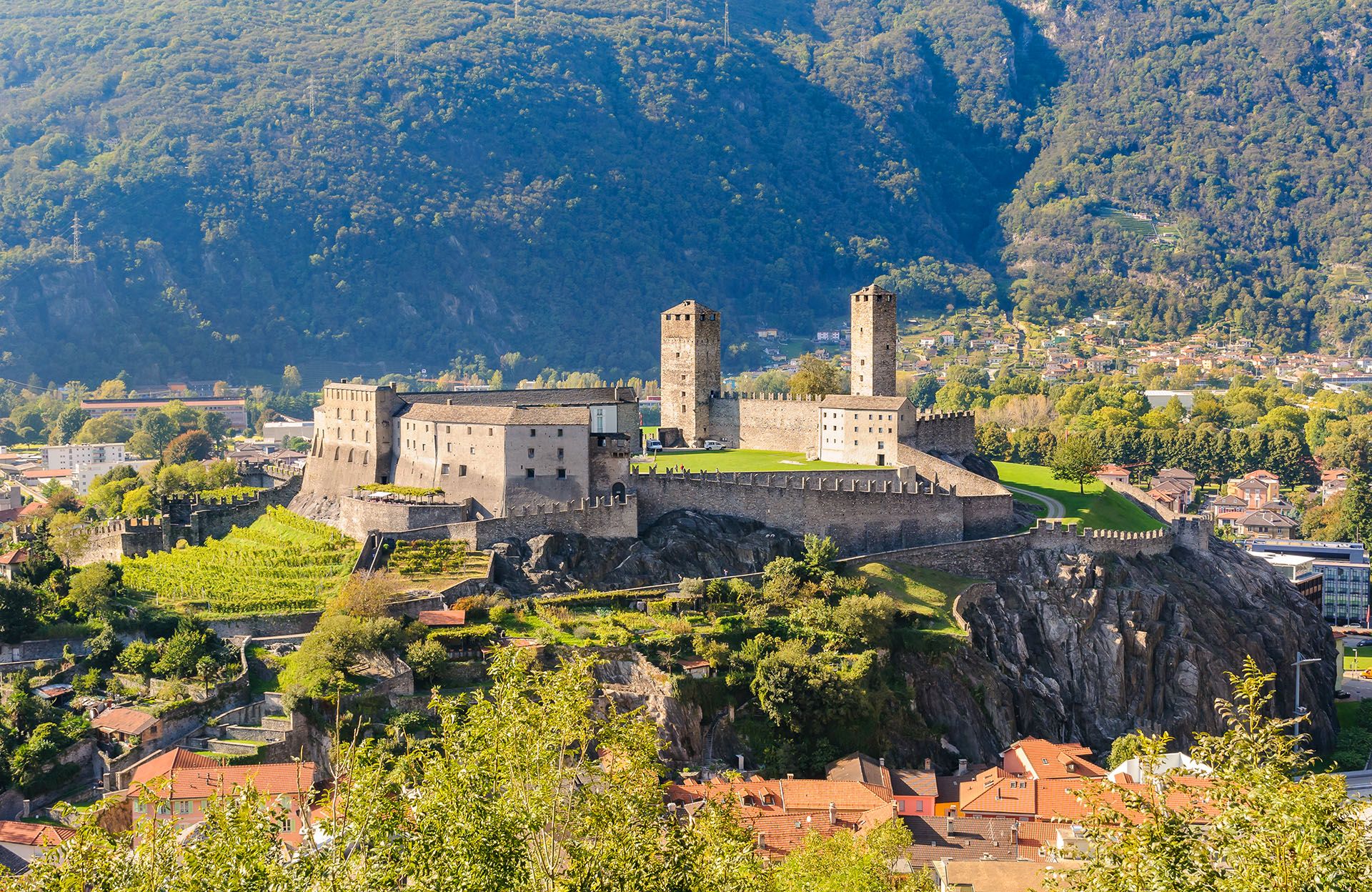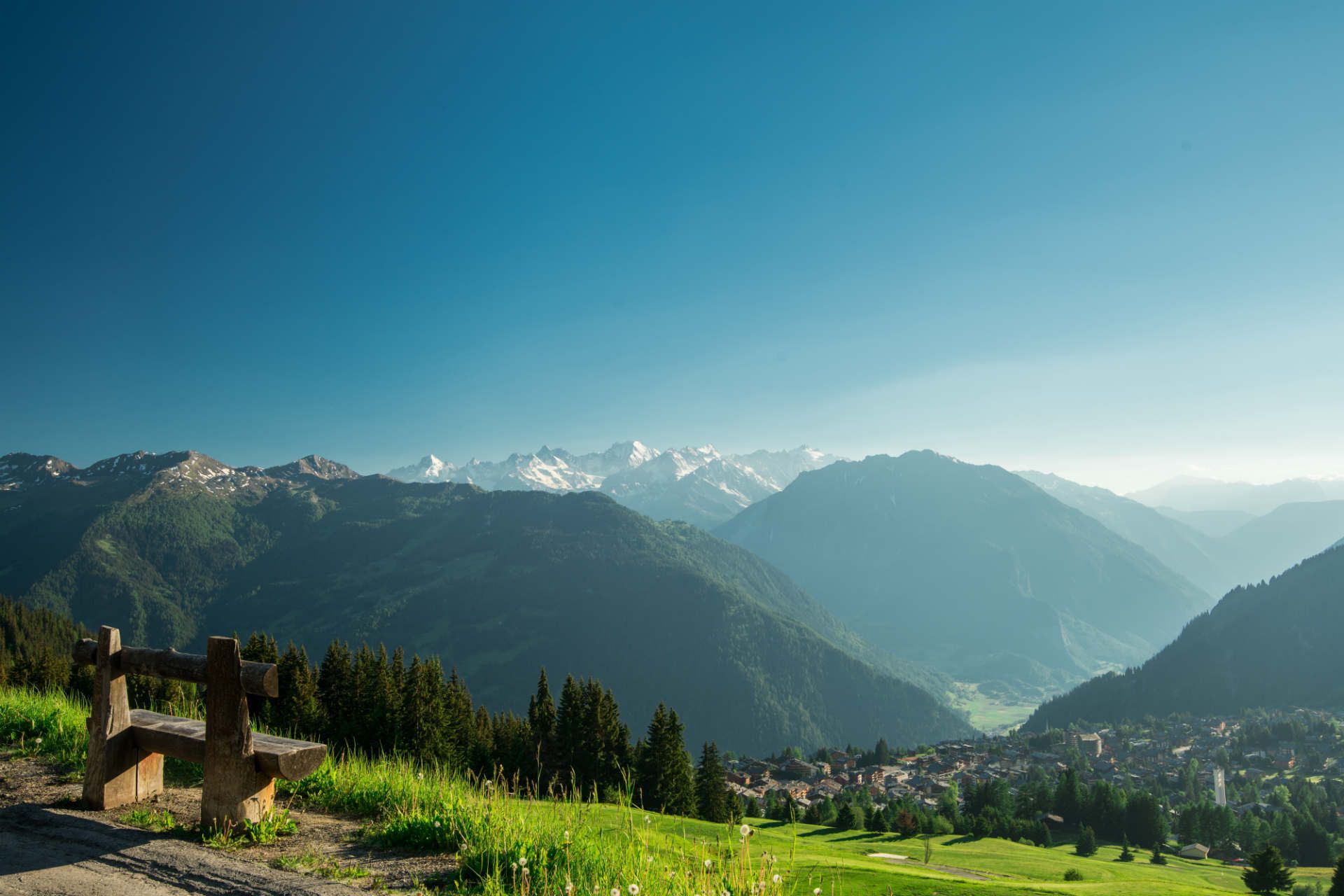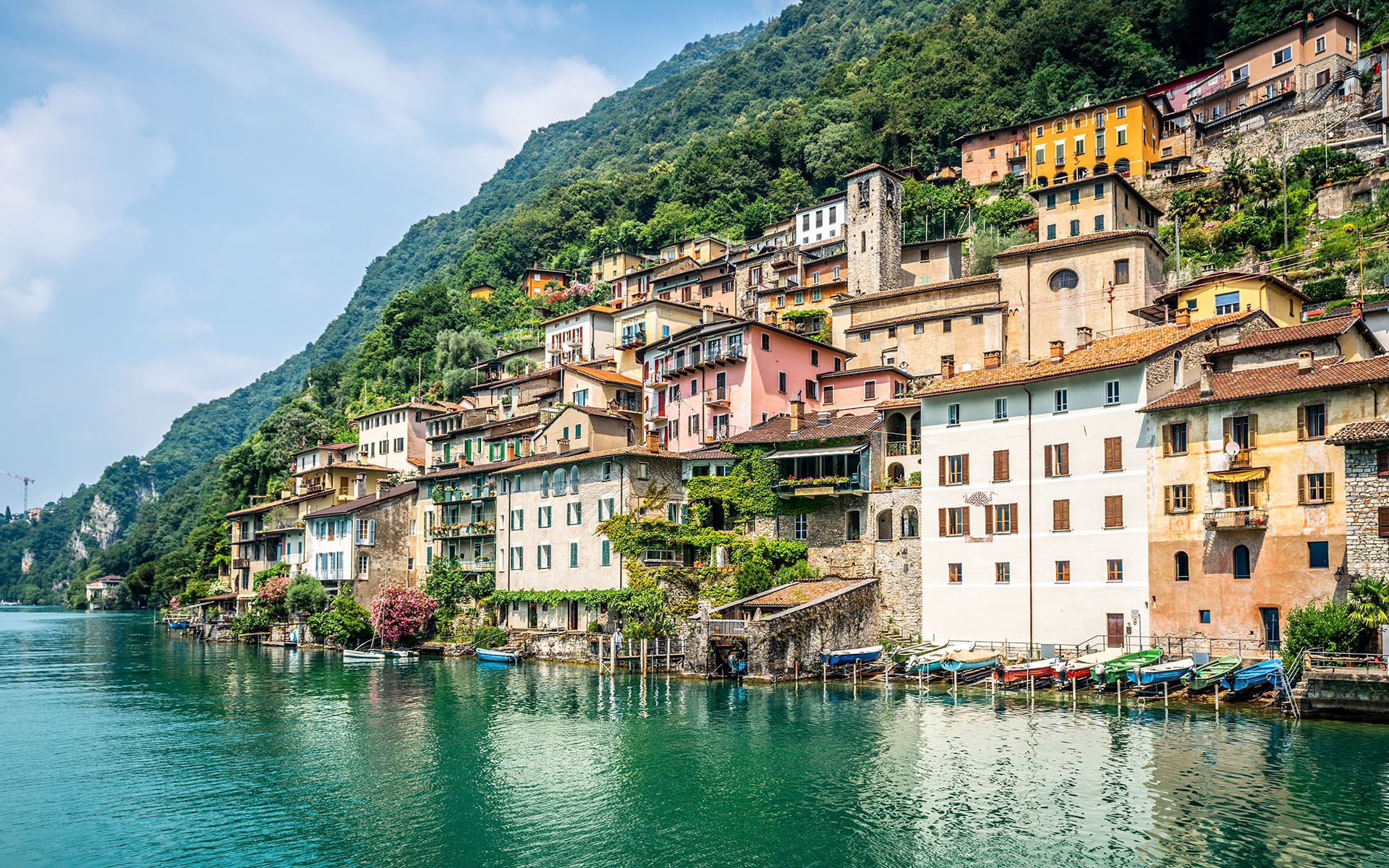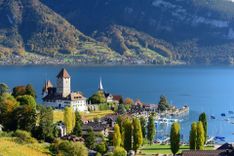Travel advice for Switzerland
From travel safety to visa requirements, discover the best tips for visiting Switzerland
- Geneva travel guide
- Lausanne travel guide
- Zürich travel guide
- Basel Switzerland Travel Guide
- Bern Travel Guide
- Lucerne Travel Guide
- Lake Geneva Travel Guide
- Northeast Switzerland and Liechtenstein Travel Guide
- Bernese Oberland travel guide
- Jungfrau Region travel guide
- Valais travel guide
- Graubünden Travel Guide
- Zermatt and the Matterhorn travel guide
- Central Switzerland Travel Guide
- Ticino Travel Guide
- Best accommodation in Switzerland
- How to get to Switzerland
- Getting around Switzerland
- Switzerland travel tips for first-timers: what to know
- Best time to visit Switzerland
- Festivals in Switzerland
- How to plan a trip to Switzerland
- Where to Stay
- Basel
- Bern
- Geneva
- Zurich
- Zermatt and the Matterhorn
- Lausanne
- Valais
- Bernese Oberland
- Graubünden
- Travel Tips
- Where to stay
- Switzerland

